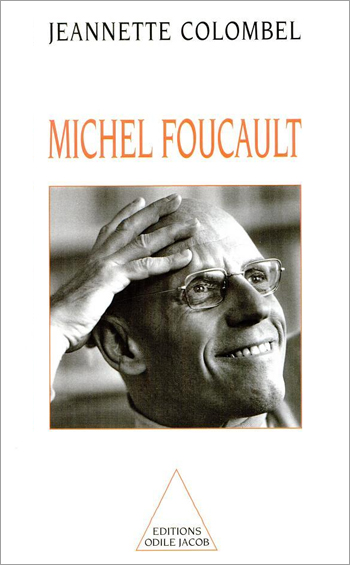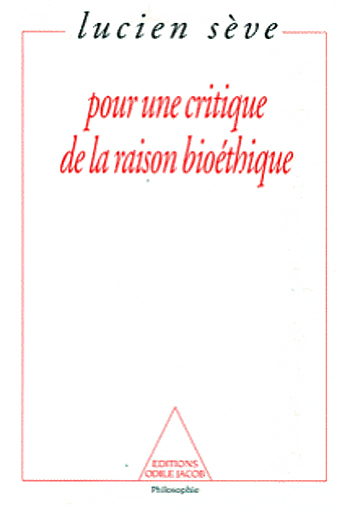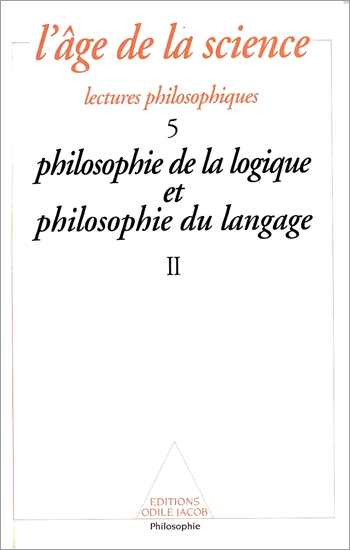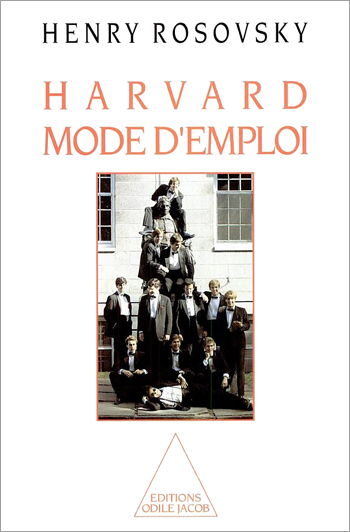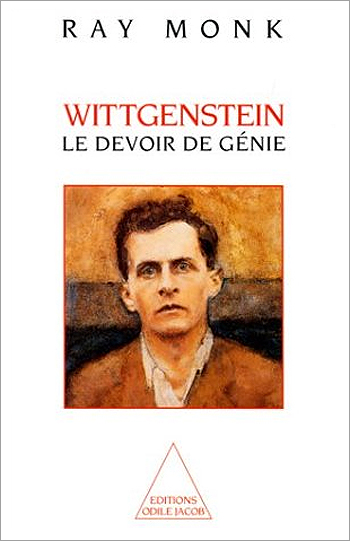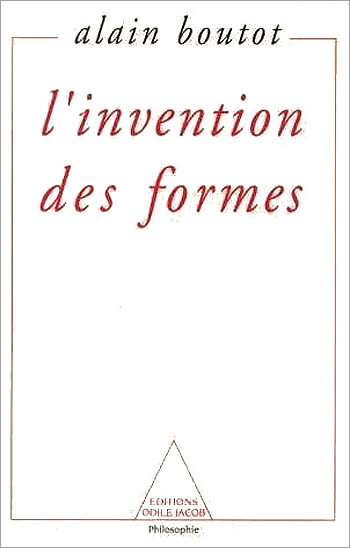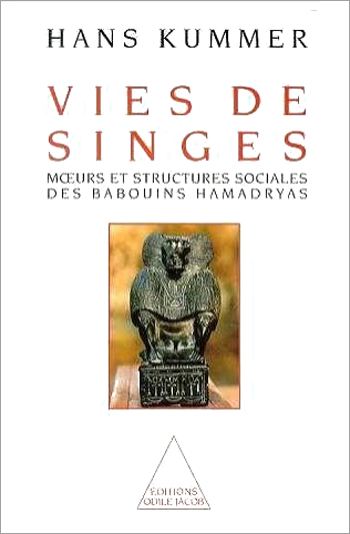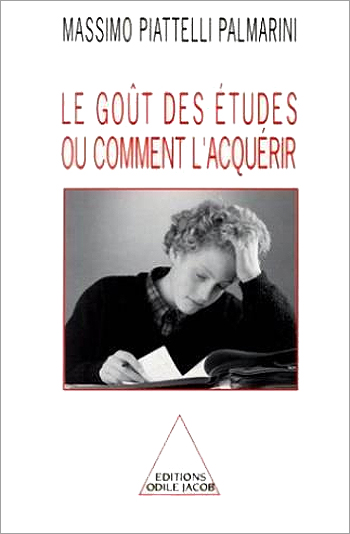Human Sciences All books
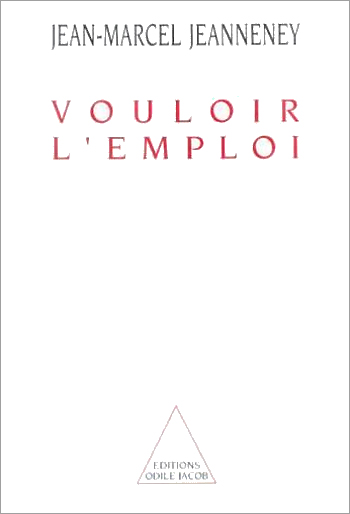
Jean-Marcel Jeanneney
Out of a Job
For the past twenty years France has been slipping into unemployment. This evil, which is becoming more and more serious, is leading our country into decline, and is threatening our democracy. After having described the difficulties resulting from the new world environment, the author discards the false solutions, such as intensified inflation, devaluation or protectionism. He then outlines the daring, but realistic policies he sees as necessary not only in France, but also for a more dynamic European Union. An economist, Jean-Marcel Jeanneney was a minister for seven years under the presidency of General de Gaulle. In 1980, he created the French Economic Research Institute, which he ran until 1990.
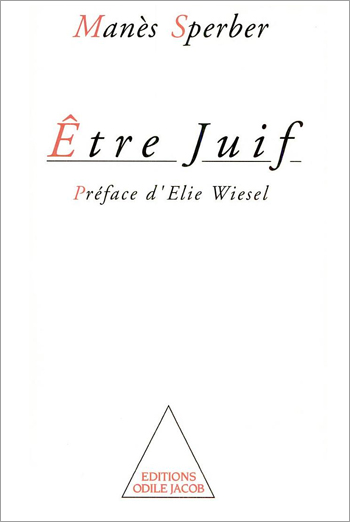
Manès Sperber
Being Jewish
A non-practicing Jew, Manès Sperber learned to read the Bible at the age of three and continued to re-read it until the end of his life. Neither religious, nor a militant Zionist, nor an aethiest, nor aligned with any cultural Judaism, he professes as his only faith a "religion of good memory." His is a Judaism lived as humanism and as an ethic, as a refusal of all idolatry, of exclusion of others, and a constant combat against hate of any kind. It is a profound attachment to the Israelite nation and a prudent attitude towards the State of Israel that Sperber illustrates in these brilliant essays prefaced by Elie Weisel, where analysis of Jewish thought and identity walk hand in hand with the eternal question: Why anti-semitism?
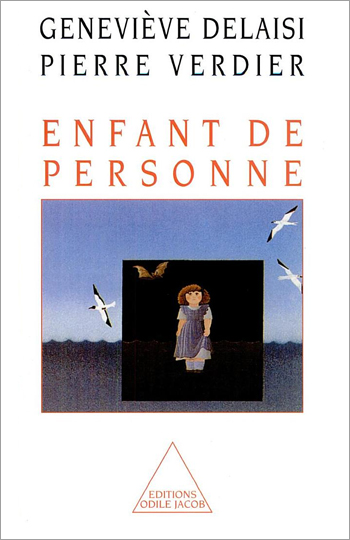
Geneviève Delaisi de Parseval, Pierre Verdier
Nobody's Child
Adoption and medically assisted procreations reflect the same suffering and ask the same questions. In both cases, the institution, in the name of a mistaken conception of filiation, weighs upon the children's head with an absolute secrecy as to its biological origins. The authors show in this book the consequences this secrecy has upon the psychology of children and parents.
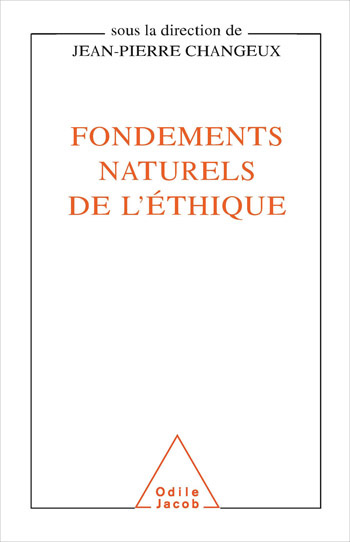
Jean-Pierre Changeux
The Natural Foundations of Ethics
Is the sense of morality universal, is it inherent to human nature? The members of this symposium gathered around Jean-Pierre Changeux ponder the diversity of moralities and question themselves about the conflicts due to cultural differences and the possibility of attaining a common morality which would be intrinsic to human nature.
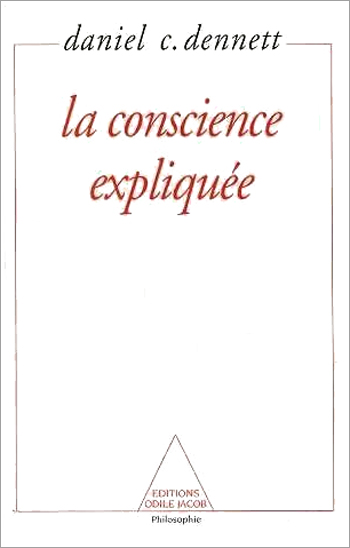
Daniel C. Dennett
Consciousness Explained
What is it that transforms a small piece of matter into an animated being? What is it that gives to certain physical structures the enigmatic privilege of feeling sensations and having experiences? Conscience. But what do we know about conscience? Daniel C. Dennet proposes a new explicative model founded on the modern revelations of psychology, neurology, and artificial intelligence. Daniel C. Dennett directs the Center for Cognitive Studies at Tufts University. He is one of the leaders in the philosophy of the spirit in the United States.
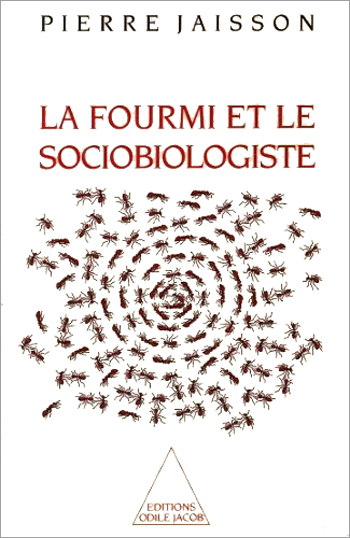
Pierre Jaisson
The Ant and the Sociobiologist
What are the advantages of social organization? P. Jaisson, a sociobiologist, explains how among animals as various as ants, bees, tadpoles and rats, certain altruistic behavior is dependent on a recognized social order. The generalizations fostered by these findings and their application to the human speces are a source of violent debate and moral questioning. Jaisson provides an honest look at the ideological exploitation born of sociobiological study.
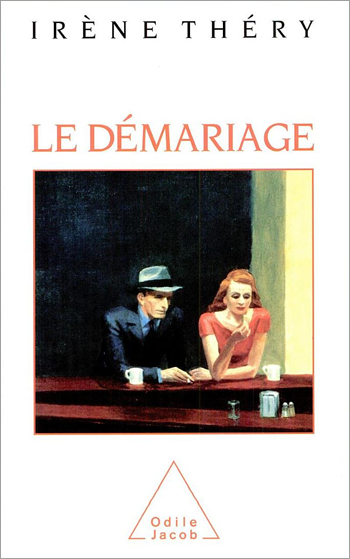
Irène Théry
From Marriage to Divorce Justice and Private Life
Can dual parental responsibility outside marriage be recognized as a principle by law? I. Théry believes that all controversies on divorce are basically debates on marriage. Our representations of the relationships between the individual and society, the private and public realms, are destabilized in this insecure period of unmarriage . The psycho-social drift of justice increases further when we consider the true sufferers of divorce court battles: the children.
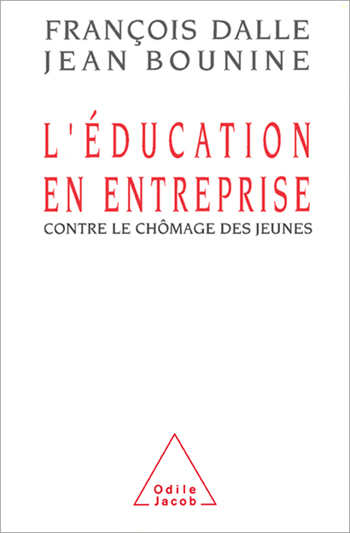
François Dalle, Jean Bounine
Education in Business Against the Unemployment of the Young
Each year in France, 250,000 young people come out of the education system without even a shred of a diploma. The German example and that of Japan shows that the work situation and economic performance are better when schools assure proper instruction and enterprise takes charge of paving the way to employment. François Dalle, President of l'Oréal from 1957 to 1984, and Jean Bounine, advisor to the general directors of this group, are the authors of a 1987 report on employment.

